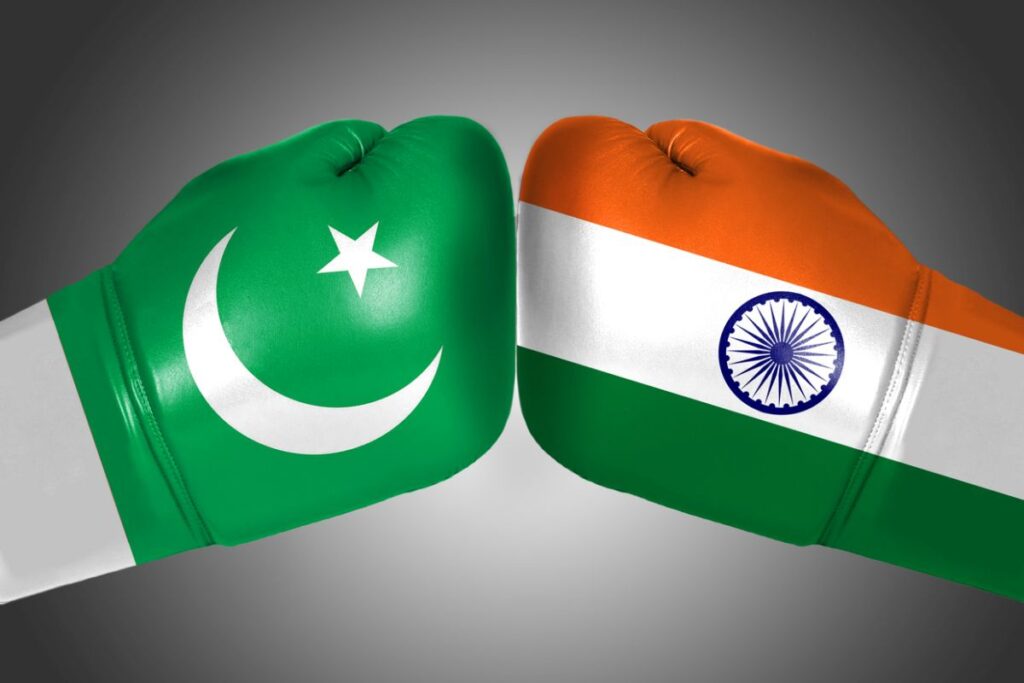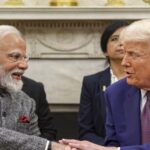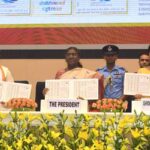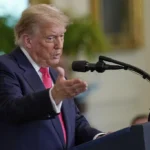
In a significant development that could thaw ice between two long-standing rivals, Pakistan’s new government is showing openness to resuming trade relations with India, signaling a potential shift in the tense dynamics that have characterized the India-Pakistan relationship in recent years. This comes in the wake of Pakistan’s Foreign Minister Ishaq Dar’s announcement during his return from a visit to the UK and Europe, where he voiced the government’s consideration to lift the nearly five-year trade suspension with India. This suspension was a response to India’s controversial decision to revoke the special status of Jammu and Kashmir in August 2019.
The move towards reconsidering trade ties follows Prime Minister Shehbaz Sharif’s expression of gratitude towards Indian Prime Minister Narendra Modi for his congratulatory message, hinting at a possible softening of diplomatic stances between the two nations. However, India maintains that for any progress to be made, Pakistan must first reinstate its high commissioner in New Delhi, a position that has been vacant since the 2019 fallout.
Ishaq Dar, known for his conciliatory approach towards India, is a key figure in this potential rapprochement. As a close confidant of Nawaz Sharif and a seasoned politician, his advocacy for resuming trade is seen as a significant, albeit preliminary, step towards bridging divides. However, the ultimate decision may hinge on the support of the Pakistani military, which has historically played a pivotal role in the country’s foreign policy decisions, especially concerning India.
Addressing the media at the Pakistan High Commission in London, Dar highlighted the Pakistani business community’s keen interest in reviving trade with India. He acknowledged the economic setbacks caused by the suspension, particularly in sectors reliant on cross-border trade like textiles, agriculture, and medical supplies. The current indirect trading routes through Dubai and Singapore, as Dar pointed out, only add to the costs and complexities for businesses on both sides.
Despite the forward-looking statements about trade, Dar did not shy away from addressing the contentious issue of Kashmir, reaffirming Pakistan’s stance on the UN Security Council resolutions and the historical dispute. Yet, his pragmatic acknowledgment of economic realities suggests a nuanced approach, recognizing the immutable fact of geographical proximity and the necessity for coexistence.
As both countries lay down their prerequisites for normalizing bilateral ties, the road ahead remains fraught with political and diplomatic challenges. Pakistan’s insistence on discussing Jammu and Kashmir’s special status and India’s firm position on Article 370 and cross-border terrorism are significant hurdles. Yet, the emerging dialogue, sparked by economic considerations and business lobbying, offers a glimmer of hope for easing tensions and fostering cooperation between the two South Asian neighbors.




































Leave a Reply